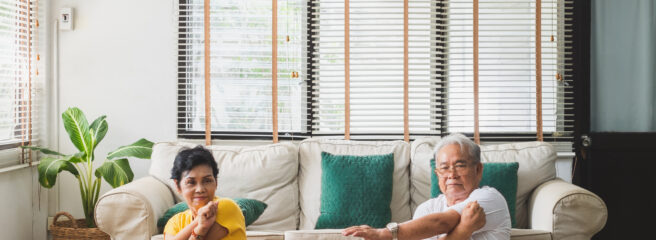
Practicing self-care is an important part of living a healthy and sustainable life. During these uncertain times while practicing social distancing, it’s important to take care of yourself first and foremost. Researchers have found that self-compassion can reduce psychological symptoms and make it easier to deal with stressful situations.
By practicing self-care, it helps to keep stress at a manageable level for your overall well-being. Here are nine ways how to practice self care:
Physical Self-Care Practices
- Eat well. The food we eat has the potential to keep us healthy and keep our minds working. Good nutrition for our body is a good self-care practice. If practicing self-care is about protecting your well-being then a part of it is nourishing yourself with food that can help fuel your body throughout the day.
- Move your body. Being active is proven to have many health benefits, physically and mentally. Minimal exercise is better than none, so consider walking around the block a few times or doing stretches in the morning to continue improving your self care practices.
- Get enough rest. Sleep is good for you. It helps improve your immunity, mood, and cognitive performance. A good night’s sleep for average adults is 7 to 8 hours per night. An important part of practicing self-care is improving the quality of your sleep. Take care of your health by taking care of your sleep.
Emotional Self-Care Practices
- Breathe deeply. A good way to reduce stress and relax is taking deep breaths. Consider taking some time out of your day for a couple of minutes and find a comfortable place to sit to experience deep breathing. The experience should be slow and gentle. You can incorporate some time in your schedule right when you wake up or go to sleep as a way to practice self care.
- Do something that makes you happy. Find what sparks joy for you and do something that can easily boost your mood to help you relax. Whether this is picking up a new book you’ve been wanting to read or making coffee in the morning. Revive your mental and emotional energy by doing something that makes you feel good.
- Repeat positive affirmations. Studies have shown that we can maintain our sense of self-integrity by affirming what we believe in positive ways. Some powerful ways to reinforce positive affirmations can be repeating positive phrases to yourself in front of a mirror or writing it down in a journal. Self-affirmations have shown to decrease stress.
Financial Self-Care Practices
- Set goals for future spending habits. Many Americans do not view money positively and about 60% count it as a source of stress. Another way to practice self care is by assessing your finances weekly to see how you’re doing and make small adjustments to your goals to stay on track.
- Keep tabs on your daily income and expenses. Another way to practice financial self-care is tracking where your money is going. Keeping a budget should help you build a better relationship with money. You can keep tabs on your money either in a spreadsheet or writing them down in a journal.
- Start an emergency and healthcare fund. Prioritize your financial self care practices by setting money aside in case of emergencies. You never know when you will end up in an unexpected situation. One way to start practicing this important financial self-care task is by decreasing your spending and freeing up more money in your budget that allows you to add to your emergency fund.
Remember that practicing self-care is not about self-indulgence, but about taking positive actions to help remove everyday stressors in life. Creating the life you want and working on improving your life is an investment in yourself.
As the situation with COVID-19 continues to rapidly change, our primary focus is to best meet the financial needs of our borrowers. For questions or concerns, our customer support will be available via email at support@upstart.com.






 Won't affect your credit score¹
Won't affect your credit score¹